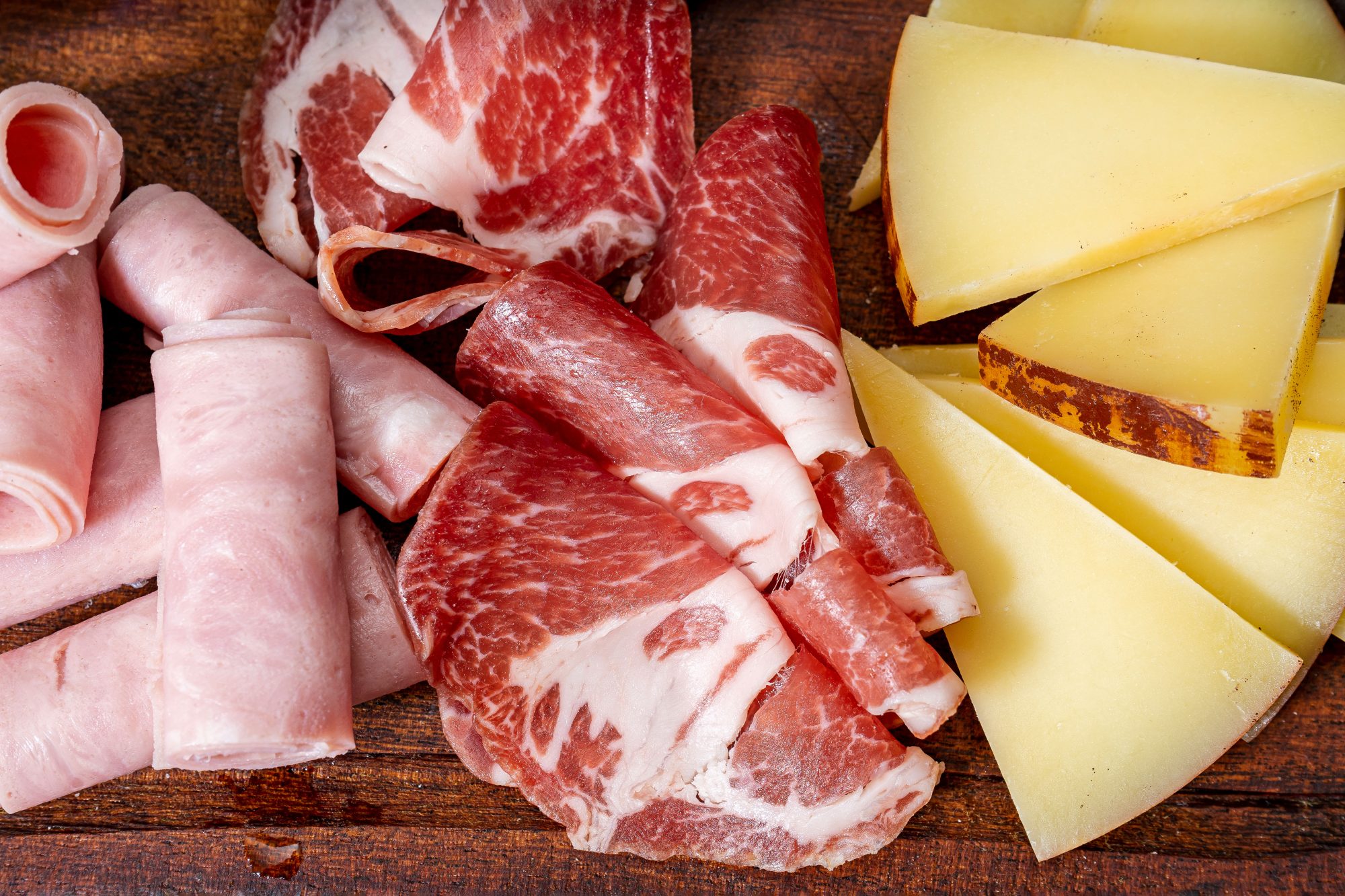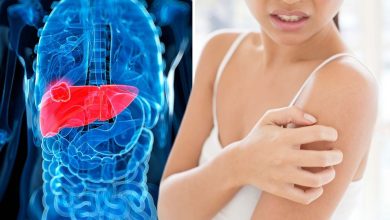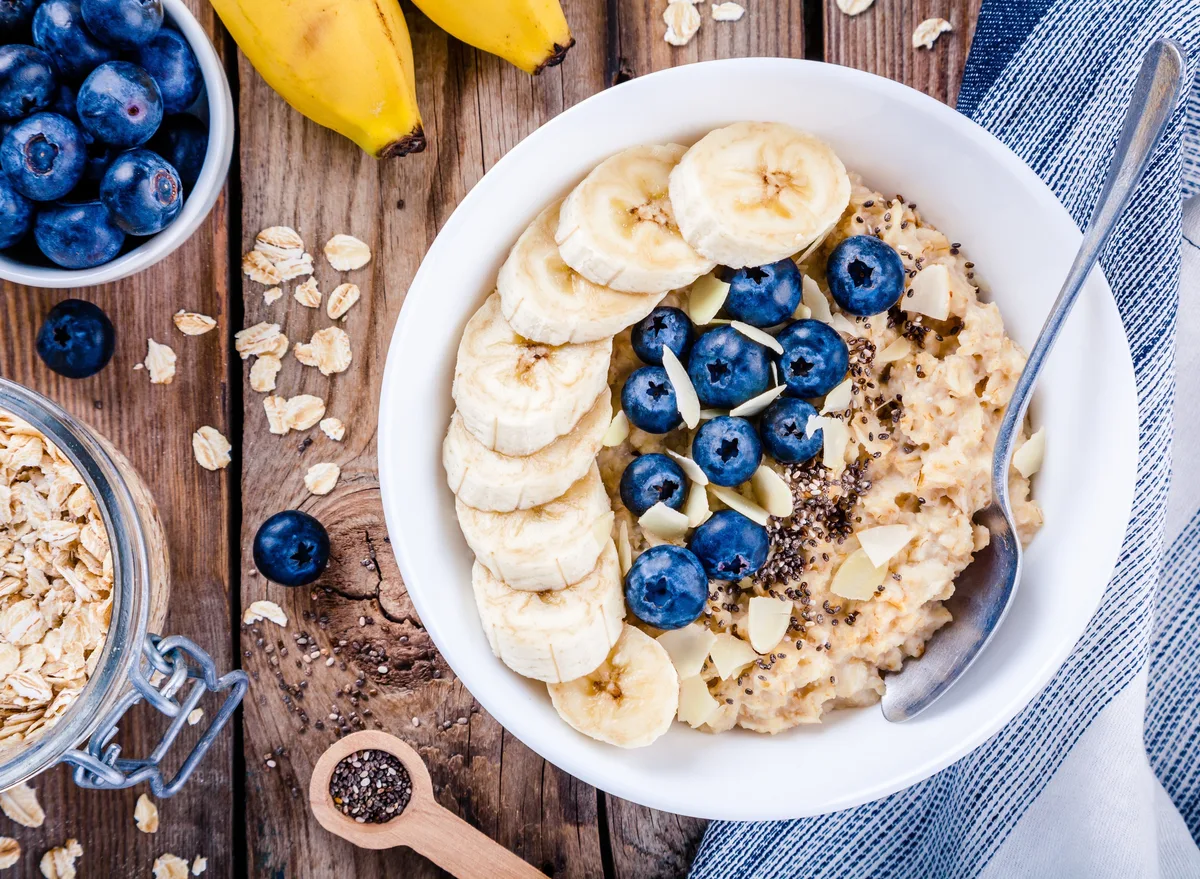7 Foods That Are Most Likely to Cause Food Poisoning

Food poisoning is a common problem that affects millions of people worldwide every year. The symptoms of food poisoning can range from mild to severe, and can even be life-threatening in some cases. While food poisoning can be caused by a variety of factors, certain foods are more likely to cause food poisoning than others. In this article, we will discuss seven foods that are most likely to cause food poisoning, and how you can avoid getting sick.
Introduction:
Food poisoning is a serious health problem that can affect anyone, regardless of age, gender or lifestyle. It is caused by consuming contaminated food or beverages, which can contain harmful bacteria, viruses or parasites. Symptoms of food poisoning can include nausea, vomiting, diarrhea, stomach cramps, and fever. In severe cases, it can even lead to dehydration, organ failure, and death. Therefore, it is important to be aware of the foods that are most likely to cause food poisoning and take steps to avoid them.
What is food poisoning?
Food poisoning, also known as foodborne illness, is caused by consuming food or beverages that are contaminated with harmful bacteria, viruses, or parasites. The most common symptoms of food poisoning are nausea, vomiting, diarrhea, stomach cramps, and fever. These symptoms can range from mild to severe, and can last from a few hours to several days. Some people may also experience dehydration, which can be dangerous, especially in young children, older adults, and people with weakened immune systems.
Top 7 Foods That Can Cause Food Poisoning:
Raw or Undercooked Meat and Poultry
Raw or undercooked meat and poultry are one of the most common sources of food poisoning. These foods can contain harmful bacteria such as Salmonella, E. coli, and Campylobacter, which can cause severe illness. To avoid food poisoning, make sure to cook meat and poultry to the appropriate temperature (165°F for poultry, 160°F for ground beef, and 145°F for steaks and roasts).
Eggs and Egg Products
Raw or undercooked eggs and egg products can also cause food poisoning. These foods can contain Salmonella, which can cause severe illness. To avoid food poisoning, make sure to cook eggs and egg products thoroughly (to an internal temperature of at least 160°F) and avoid eating raw or undercooked eggs in dishes such as Caesar salad dressing or homemade mayonnaise.
Seafood
Raw or undercooked seafood, including fish, shellfish, and crustaceans, can also cause food poisoning. These foods can contain harmful bacteria such as Vibrio and norovirus, which can cause severe illness. To avoid food poisoning, make sure to cook seafood to the appropriate temperature (145°F for fish and shellfish).
Raw Fruits and Vegetables
Raw fruits and vegetables can also cause food poisoning if they are contaminated with harmful bacteria such as E. coli or Salmonella. To avoid food poisoning, make sure to wash all fruits and vegetables thoroughly before eating, and avoid eating sprouts and other raw foods that are prone to contamination.
Unpasteurized Dairy Products
Unpasteurized dairy products, such as raw milk and cheese made from raw milk, can also cause food poisoning. These foods can contain harmful bacteria such as Listeria, Salmonella, and E. coli, which can cause severe illness. To avoid food poisoning, make sure to only consume pasteurized dairy products.
Deli Meats and Soft Cheeses
Deli meats and soft cheeses can also be a source of food poisoning. These foods can contain harmful bacteria such as Listeria, which can cause severe illness, especially in pregnant women, older adults, and people with weakened immune systems. To avoid food poisoning, make sure to store deli meats and soft cheeses at the appropriate temperature and consume them within a few days of purchase.
Sprouts and other Raw Foods
Sprouts and other raw foods, such as alfalfa, clover, and radish sprouts, can also cause food poisoning if they are contaminated with harmful bacteria such as Salmonella, E. coli, and Listeria. To avoid food poisoning, make sure to thoroughly wash all raw foods before eating, and avoid consuming sprouts that are prone to contamination.
How to Prevent Food Poisoning:
To prevent food poisoning, follow these tips:
- Wash your hands thoroughly with soap and water before and after handling food.
- Cook all meat, poultry, seafood, and eggs to the appropriate temperature.
- Use a food thermometer to ensure that food is cooked to the appropriate temperature.
- Wash all fruits and vegetables thoroughly before eating.
- Avoid consuming raw or undercooked meat, poultry, seafood, eggs, and dairy products.
- Store food at the appropriate temperature (below 40°F for refrigerated food and above 140°F for hot food).
- Don’t leave food out at room temperature for more than two hours (one hour if the temperature is above 90°F).
- Clean and sanitize all surfaces and utensils that come into contact with food.
What to Do If You Get Food Poisoning:
If you suspect that you have food poisoning, follow these steps:
- Drink plenty of fluids to prevent dehydration.
- Rest and avoid strenuous activity.
- Avoid solid foods until your symptoms have improved.
- If your symptoms are severe or last for more than a few days, contact your healthcare provider.
Conclusion:
Food poisoning is a common problem that can be caused by a variety of factors, including contaminated food and beverages. Certain foods are more likely to cause food poisoning than others, including raw or undercooked meat and poultry, eggs and egg products, seafood, raw fruits and vegetables, unpasteurized dairy products, deli meats and soft cheeses, and sprouts and other raw foods. To prevent food poisoning, follow the tips outlined in this article, and be sure to seek medical attention if you suspect that you have food poisoning.
FAQs:
What are the most common symptoms of food poisoning?
The most common symptoms of food poisoning include nausea, vomiting, diarrhea, stomach cramps, fever, and dehydration. These symptoms can range from mild to severe and can last anywhere from a few hours to several days.
How long does it take for symptoms of food poisoning to appear?
The symptoms of food poisoning can appear anywhere from a few hours to several days after consuming contaminated food or beverages. The onset of symptoms depends on the type of bacteria or virus that caused the food poisoning.
Can food poisoning be prevented?
Yes, food poisoning can be prevented by following proper food handling and preparation techniques. This includes washing your hands before and after handling food, cooking food to the appropriate temperature, washing fruits and vegetables thoroughly, and storing food at the appropriate temperature.
What should I do if I suspect that I have food poisoning?
If you suspect that you have food poisoning, it’s important to stay hydrated and rest. Avoid solid foods until your symptoms have improved. If your symptoms are severe or last for more than a few days, contact your healthcare provider.
Can food poisoning be life-threatening?
While most cases of food poisoning are mild and resolve on their own within a few days, some cases can be severe and even life-threatening, especially in young children, older adults, pregnant women, and people with weakened immune systems. It’s important to seek medical attention if you experience severe or prolonged symptoms of food poisoning.











